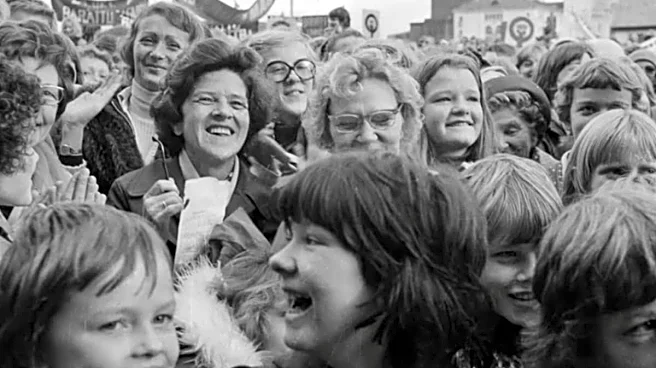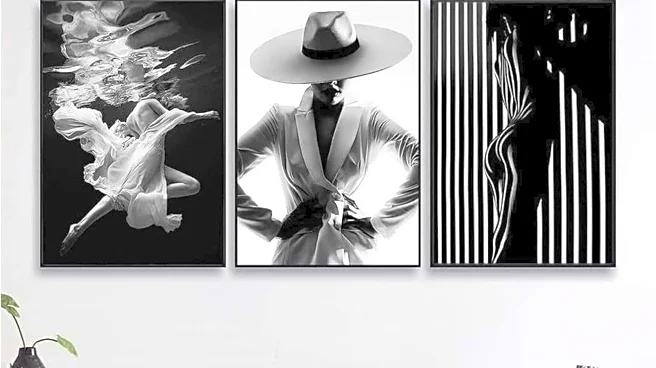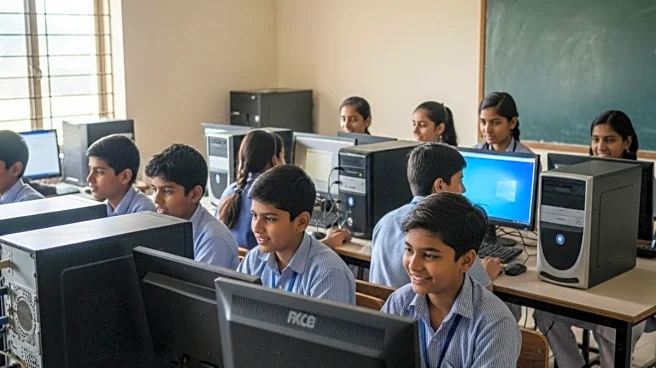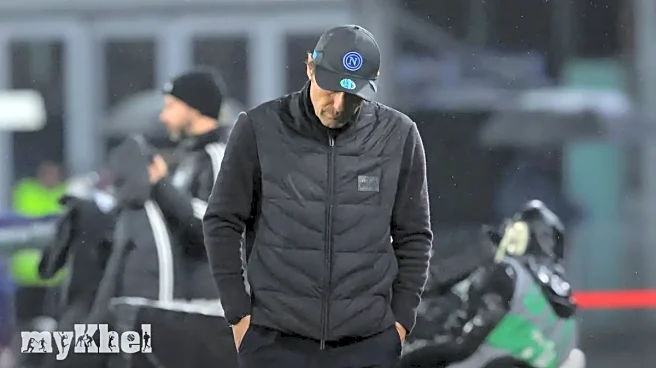Fifty years after Iceland’s women stopped work and changed the course of history, the country is celebrating the anniversary of the “kvennafrí” or Women’s Day Off. Citizens across Iceland took to the streets and squares to mark five decades since the 1975 women’s strike, a moment that propelled the nation to the forefront of the global gender equality movement. The original protest saw 90% of Iceland’s women walk off the job and 25,000 descend on Reykjavík, demanding equal pay and opportunity.
Half a century later, Iceland stands as the only country in the world to have closed more than 90% of its gender gap, according to the World Economic Forum. For the first time in its history, every national leadership position- president, prime minister,
bishop and police chief- is held by a woman.
Iceland’s President Halla Tomasdottir said, “Gender-based violence is still a problem here. We still need to lift the floor for women who do the lesser paid jobs, the caring jobs in our economy. So there is still work to be done. And we are of course not free from seeing some of the red flags and the [feminism] backlash that we are starting to witness around the world.”
Halla Tomasdottir, who became Iceland’s second female president last year after an election in which 75% of voters chose women candidates, said Iceland’s progress was “powered by two sustainable energies: geothermal power and girl power.”
A Movement That Shaped A Nation
The 1975 strike reshaped Icelandic society and politics. Within five years, Vigdís Finnbogadóttir was elected the world’s first female president- a direct legacy of the women’s protest. Since then, Iceland has consistently ranked as the world’s most gender-equal nation.
Two years ago, an estimated 100,000 women and non-binary people gathered in Reykjavík to protest the lingering pay gap and gender-based violence- the largest demonstration in Iceland’s history. This year, organizers once again called for a nationwide strike, urging men to take on household duties so women could join marches, historical walks and concerts in Reykjavík. Songs from the 1975 protest, including Áfram stelpur (Onward Girls), were performed again to honor the spirit of solidarity.
Halla Tomasdottir said the next chapter of Iceland’s gender equality story must include men and boys.
“I don’t see how we can finish closing the gender gap without greater involvement from boys and men. There are particular problems with boys and men that I hope we in Iceland will have the courage to confront the way that we have had the courage to confront the issues that have held women back,” she said.
Calling for what she termed an “inclusion revolution,” the president said Iceland must empower every citizen “to unlock their full potential” to avoid the kind of backlash seen in other parts of the world.







/images/ppid_59c68470-image-177080756601418278.webp)

/images/ppid_a911dc6a-image-17708075279507195.webp)

/images/ppid_a911dc6a-image-177080755999068253.webp)

/images/ppid_a911dc6a-image-177080753365516089.webp)
/images/ppid_59c68470-image-177080753370334727.webp)
/images/ppid_59c68470-image-177080753086865473.webp)


